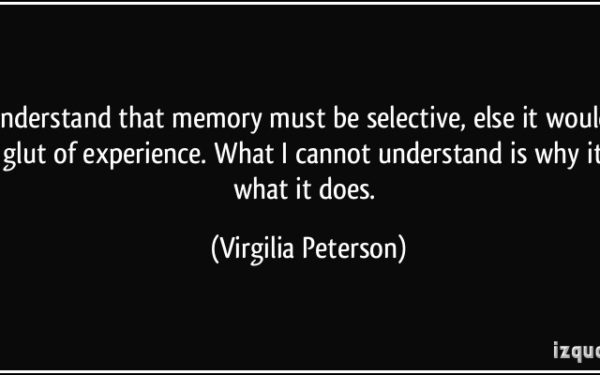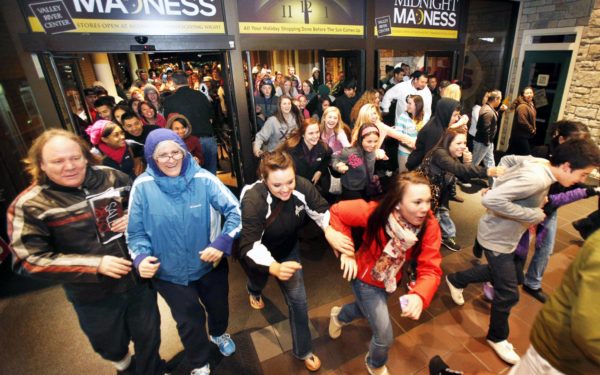“Now the thing is, though all of us in here getting money, that alone isn’t going to stop this. All right? Now, dedicating our lives to getting money just to give it right back for someone’s brand on our body, and now we pray to get paid for brands on our bodies?”
Jesse Williams
Perhaps I should just leave Jesse’s words as a stand-alone piece. Poignant and powerful, like much of his speech it touched on issues that have permeated my thoughts for years. It has been widely reported that the 43 million recognized African Americans (representing 13.7% of the total US population) along with Americas’ largest minority group, Hispanics, respectively spent 1.3 and 1.5 TRILLION Dollars of the total US consumer expenditures of 13.5 Trillion dollars.
Statistics are largely self serving and often misleading, but whatever the actual numbers I think everyone would agree that African Americans and Hispanics contribute to a significant percentage of the United States’ overall consumer spending and that number is really, really large.
Much of that money spent involves luxury branded items, including cars, electronics and clothing. Far be it from me to suggest someone not pursue “The American Dream”. That dream is subjective for so many, but let’s suffice to say Americans love “stuff”. I am as guilty as anyone for my materialism, with my wants bordering on hedonistic.
I am mostly unapologetic for this, because like most who came from meager means, I justify my wants as deserving, if not an actual accomplishment. I am not nearly the consumer I once was. Age and a little maturity have lessened the wants and needs for materialism. I know that this too is so relative and subjective, so I guess a more accurate statement is simply I shop much less than I used to.
I value quality and unfortunately that normally costs extra in this country. I like cars that I don’t need. It is probably the most outward expression of my materialism. My quest of the American dream included attaining a house and expensive foreign car. However, for a while now I have tried to be conscientious within my consumerism. When I purchased my homes I used a minority owned lending company or minority mortgage brokers. When I purchased my last four cars they were all from salespersons who were persons of color.
I wear name brand clothing, but with the exception of polo shirts with (small) affixed logos or athletic gear, I refrain from wearing clothing with obvious displayed brands. Part of this is modesty, another part is simply not understanding my need to endorse companies that have never done anything for me or my community. I couldn’t afford anything name brand growing up, and even once that changed, I refrained from the trends so popular in my hood of displaying the big logos or names of clothing companies on my body. I wasn’t a paid spokesperson, so why should I represent them as if I was?
I have not been the most vigilant consumer activist. More so, I took the approach of keeping my eyes and ears open towards companies that I felt were active in their approach of patronizing to or hiring within the minority communities. I looked to see if companies advertised in our publications and/or used minorities as models. I listened or read to see if companies had made any kind of public stance on their courting and solicitation of minority communities.
However, I realize that there is so much more that I and others can and should do to call companies to task in needing to contribute more to our communities. I want to patronize companies that I know have a strong hiring policy to include minorities. I want to know facts like the creative directors of DKNY are Dao-Yi Chow and Maxwell Osborne, Asian and African American men.
I want to know what car companies and restaurants have a good record of diversity in their hiring. I have only pointed out a few industries, but the call to action runs across the board. Money gives you power and respect. If we collectively understand the money we have and spend we will understand the power we “can” have. In order to truly ascertain that power it must be utilized. Companies that want and are even dependent upon our business must recognize and acknowledge the need to serve our communities in capacities greater than simply taking.
We must call nightclubs to task that refuse us service and just show disrespect until their economic circumstances change and they are forced to let us in or have a “urban night”. Why patronize businesses that clearly do not respect you? Why spend money with those that do not recognize our contributions and importance and just as importantly do not invest back in our communities.
I definitely do not have all the answers when it comes to consumer activism and definitely welcome suggestions. I do know that I…we… need to do more. Once we show an understanding and utilize our economic power, prejudices aside, we will find a quicker path to respect.




Thank you.
Thank you much more to come
Hello, i read your blog occasionally and i own a similar one and i
was just wondering if you get a lot of spam remarks?
If so how do you stop it, any plugin or anything you can suggest?
I get so much lately it’s driving me crazy so
any support is very much appreciated. http://yahoo.org
I do get a lot the only recommendation I have is to simply erase it or send to trash. Clicking on even when there isn’t an apparent link will only make it worse
Many thanks for creating the effort to discuss this, I feel strongly about this and love learning a great deal more on this topic. If possible, as you gain knowledge, would you mind updating your webpage with a great deal more information? It’s very beneficial for me.
Hello, I read your new stuff regularly. Your story-telling style
is awesome, keep up the good work!